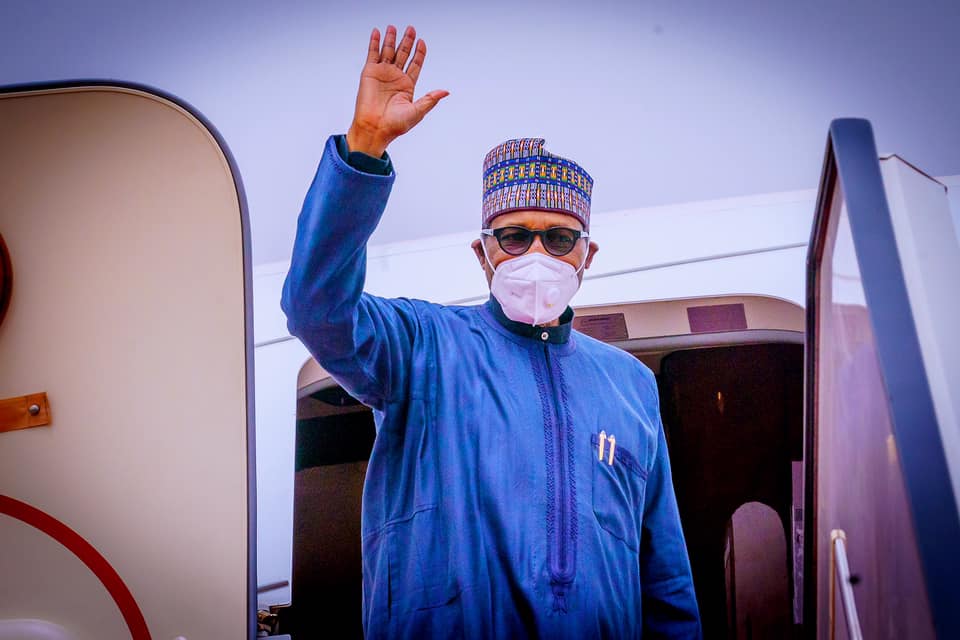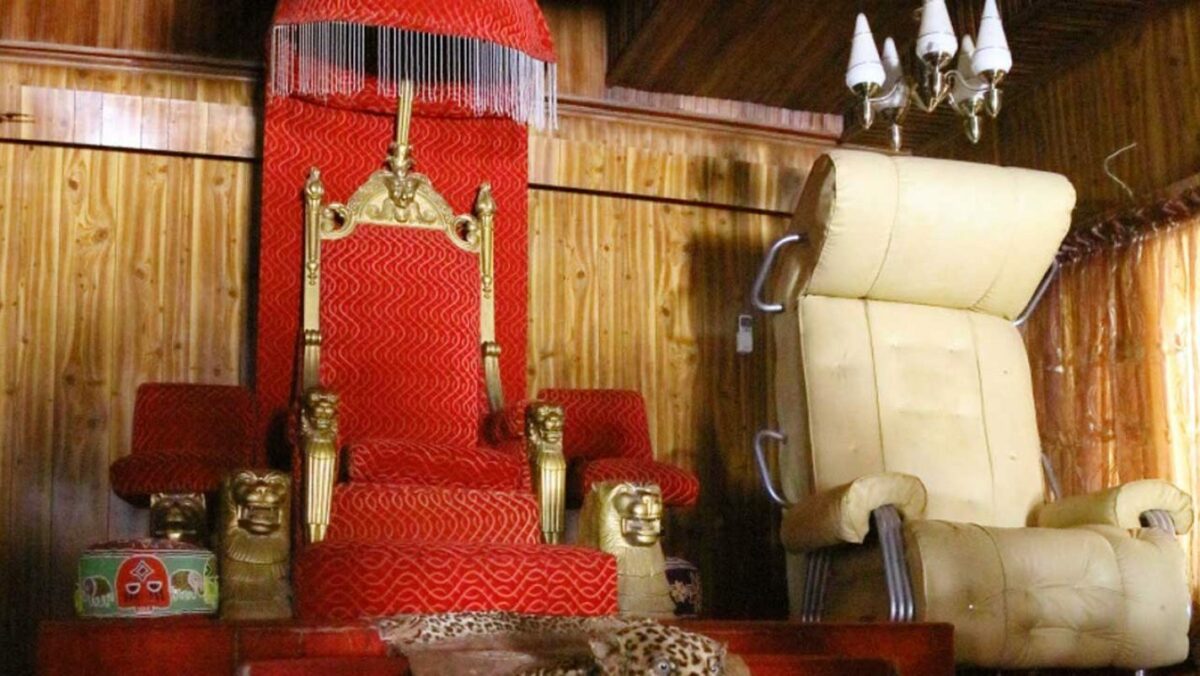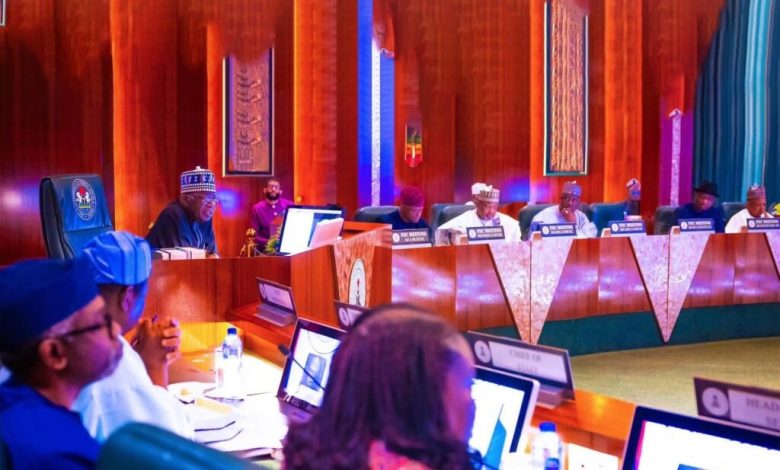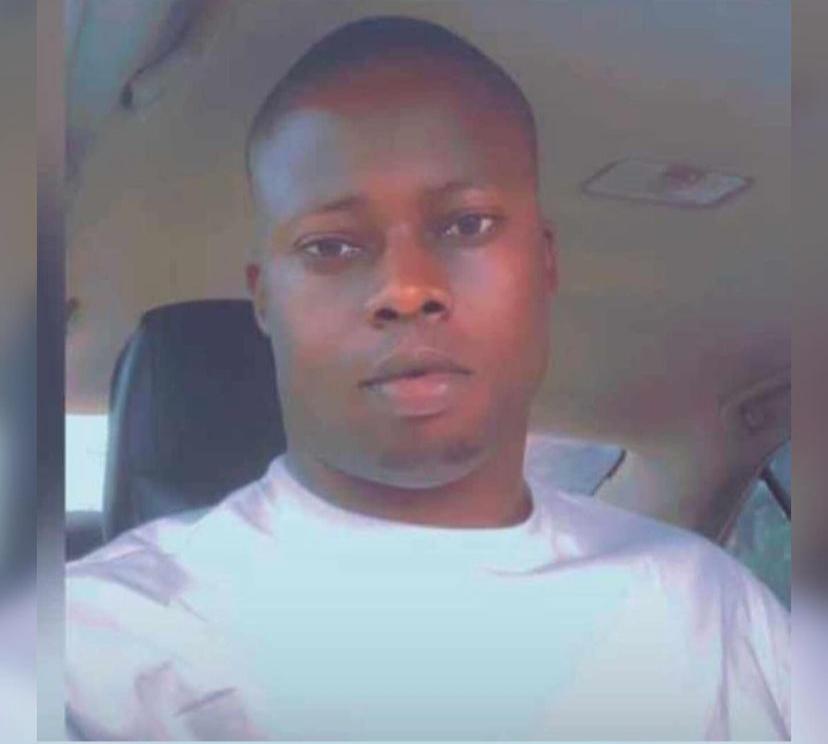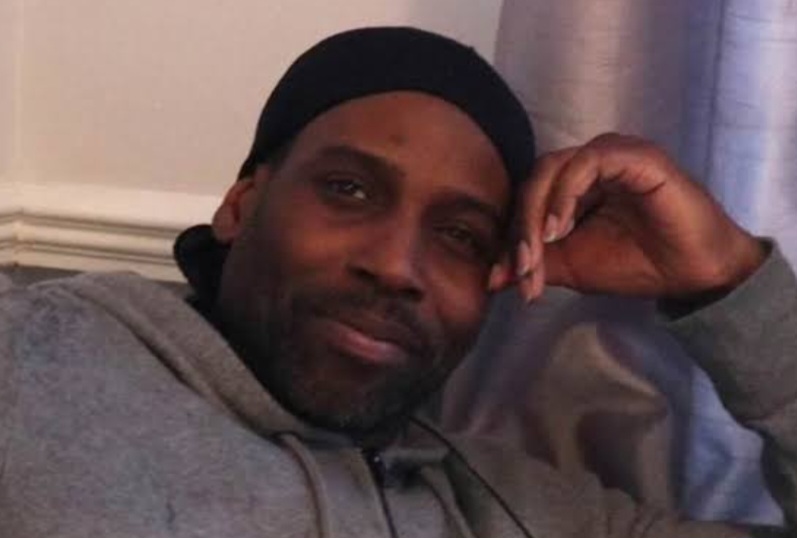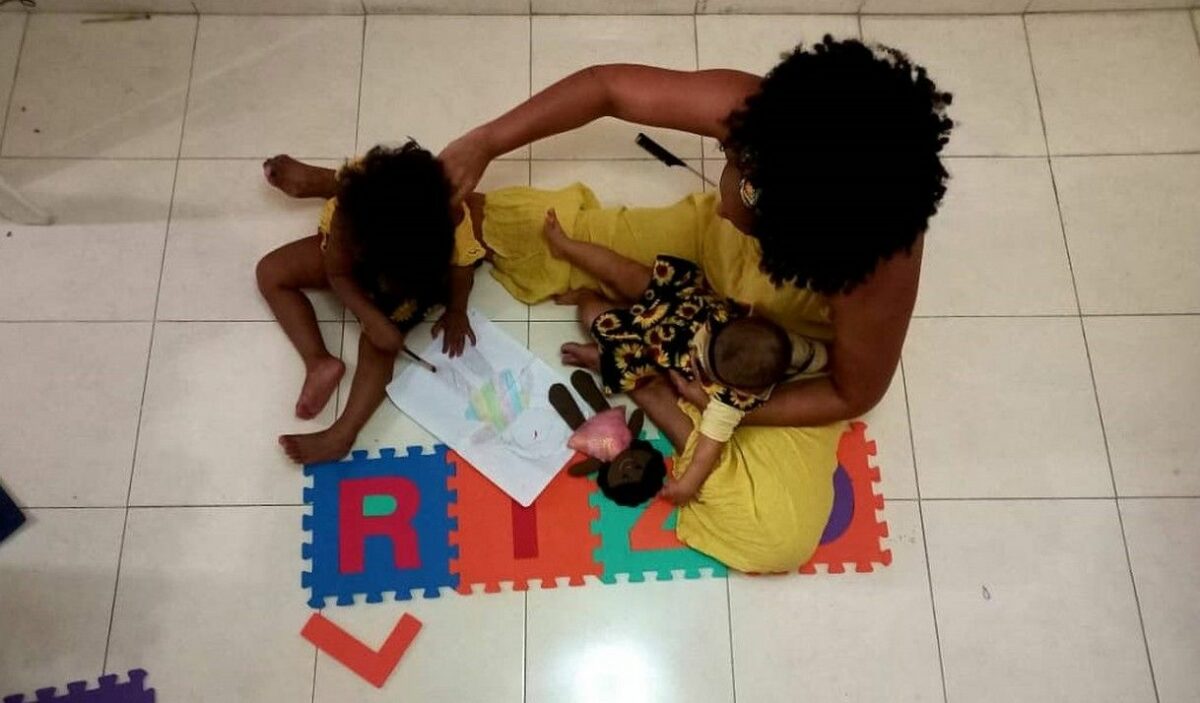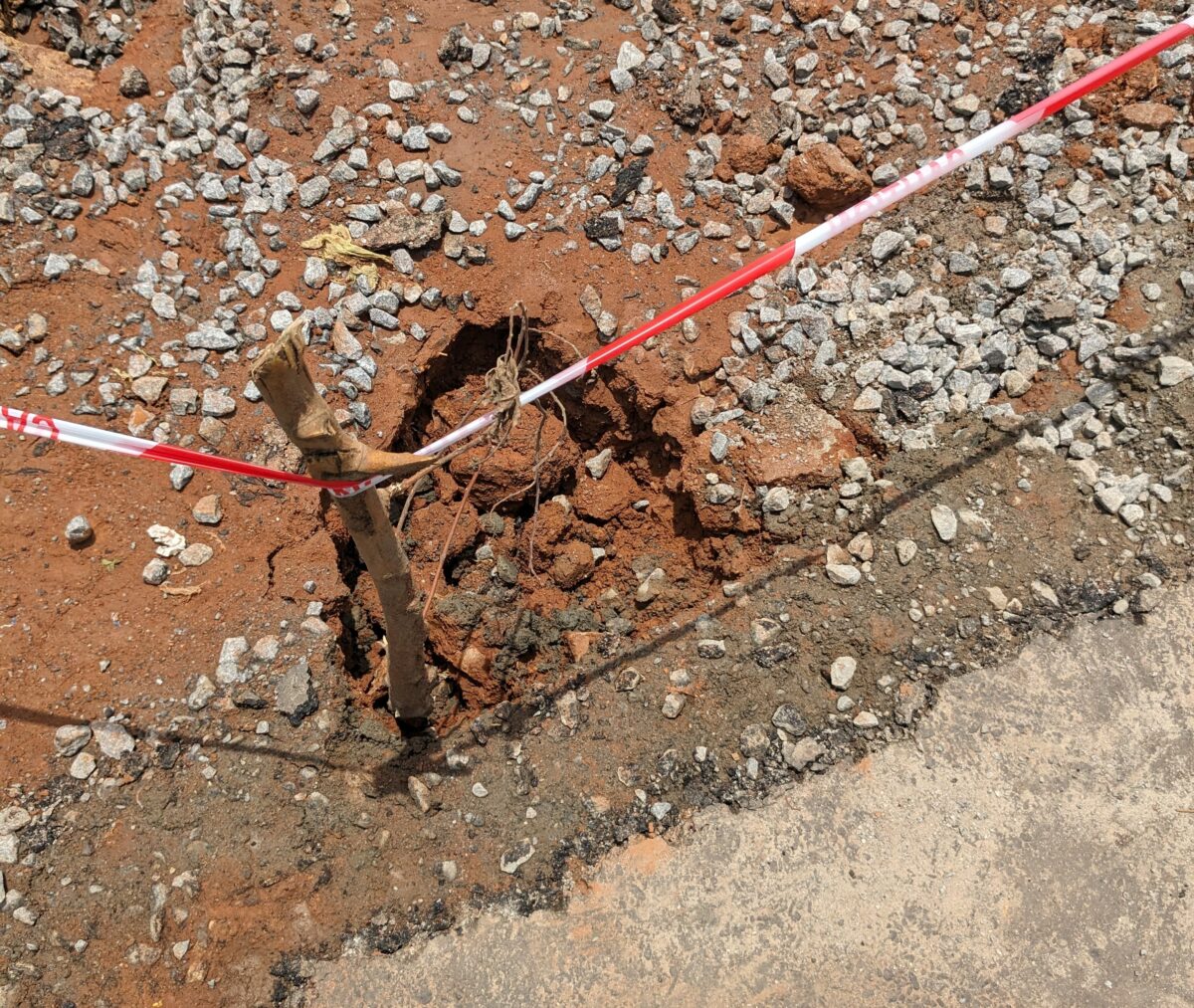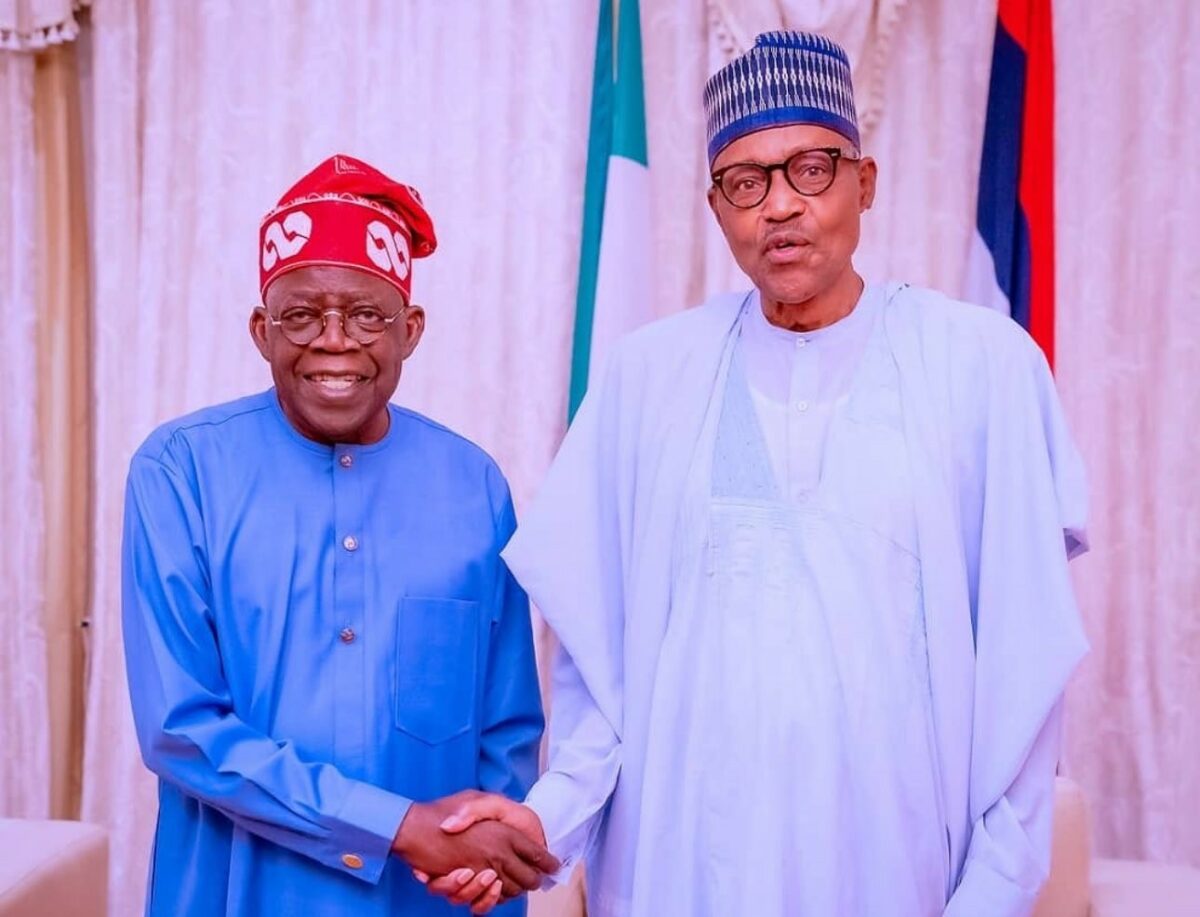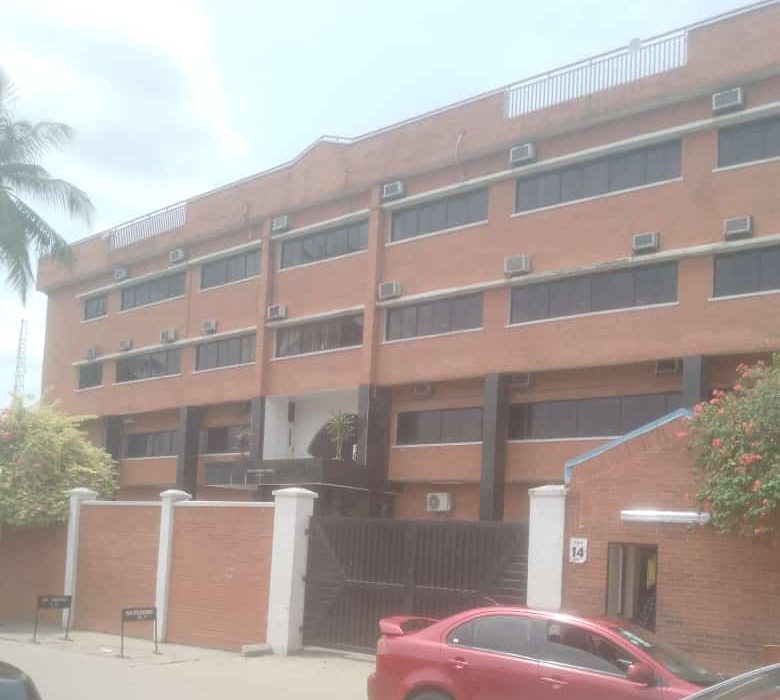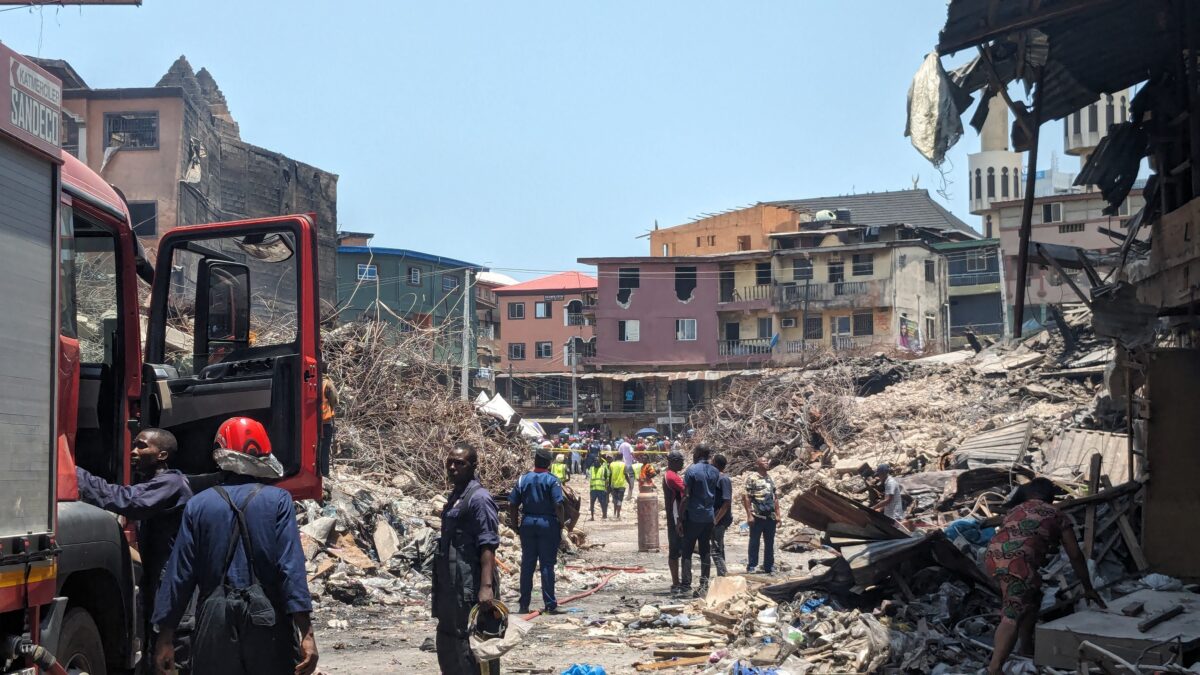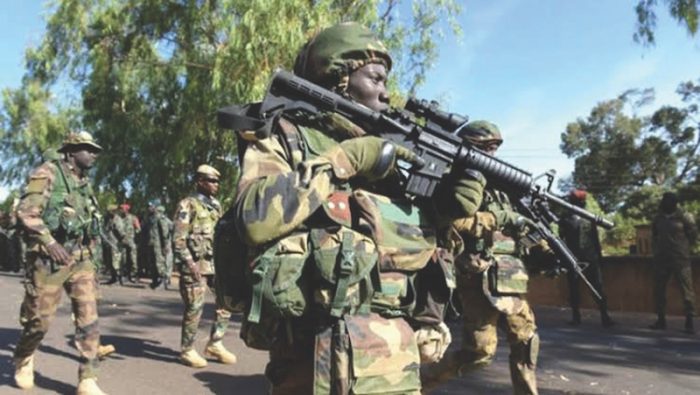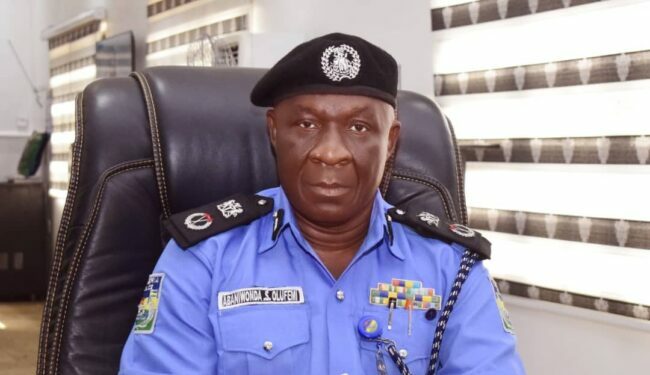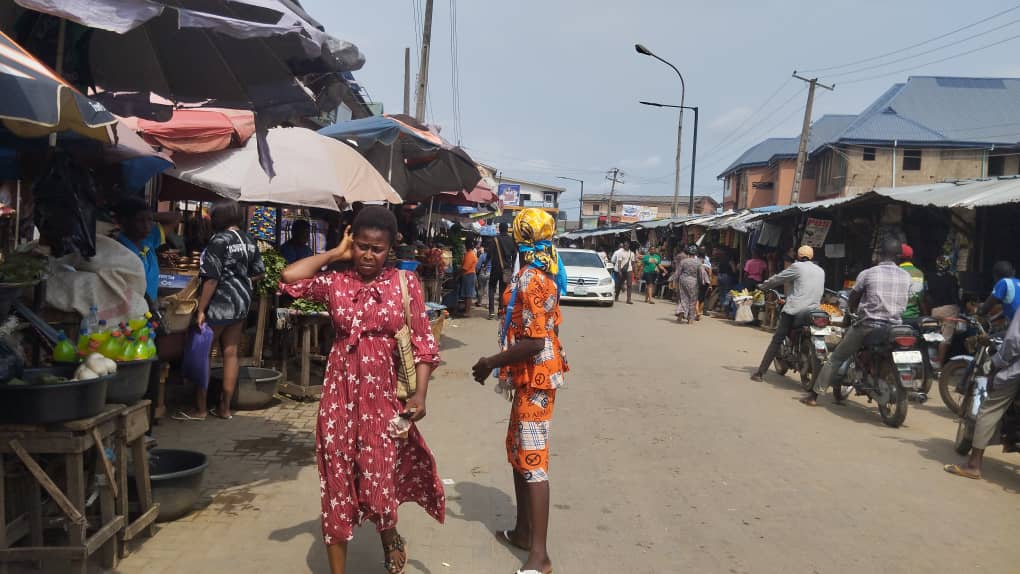Twenty three years after independence, Nigeria was in the hands of a serial coup plotter. He had no knowledge of economics, law or any sense of justice. His overriding slogan was fighting corruption. Three decades later, he would present himself as a presidential candidate, still chanting the same slogan. He would win on his fourth try.
His record was; authoritarianism, economic regression, losing three presidential elections, ousted as head of state, and his role as a serial coup plotter including overthrowing a democratically elected president. In between, the details of his brutality was recorded on the beaches of Lagos where drug dealers were shot, in prison cells where journalists were imprisoned, and in the heavy Afro beat music of Fela Anikulapo Kuti.
This picture of failure, framed in the minds of Nigerians, however, did not stop Nigerians from voting for him in 2015. Even Buhari’s once fiercest critic and one of Nigeria’s leading intellectuals Wole Soyinka, said he would vote for Buhari. The streets were filled with cheerful Nigerians who congratulated themselves on a ‘free and fair election.’ Nigeria was facing security issues and the kidnapping of the Chibok girls had become a global movement coined into the hashtag #BringBackOurGirls.
Goodluck Ebele Jonathan struggled to show firmness in dealing with issues regarding the country. Nigerians, used to strong leaders, considered him weak. In a session at the National Assembly, Femi Gbajabiamila said, “Mr President is a good man, but a good man does not make a president.” Jonathan had beaten Buhari at the polls once, and if he had been just a slightly better president, Buhari would have lost his fourth presidential race.
If Buhari had come in wearing a military uniform, just like in the 80s, Nigerians would still have cheered him on. The larger Nigerian population had fallen for the various marketing and election promises by the All Progressives Congress. The wind of change was blowing, and the poster boy for this change was a retired gap-toothed general who was once ousted by his colleagues and kept under house arrest for years.
During the election campaign, the most absurd headlines read like plot twists from a novel. A renowned writer recollected how her father was imprisoned by this former general who was contesting for president, yet, she believed he would give the country a clean start. It seemed like a moment of reconciliation in a country fractured along ethnic and religious lines. But a particular section of the country, the Igbos, refused to vote in support of this general. The voting pattern was reminiscent of the civil war.
More than three decades later, the initial failures of Buhari as a military head of state were replicated as a civilian president. In his first six months as president, he failed to appoint ministers, and in his two terms of office, he spent more than 175 days on medical tourism with an increase in food inflation of 22.95 per cent in April. When Buhari shut the country’s borders as a solution to fighting smuggling and getting Nigerians to buy local rice, it pointed out to a major flaw, his inability to think around smart solutions. This was no different from the 20 months of his stay in power as Head of State after which he was ousted. Nigeria’s economy worsened, civil liberties had disappeared and prisons were filled up with accused corrupt officials. But what has remained with Buhari, even decades later, and despite parading as a ‘reformed democrat’ is the language of violence, suppression and intimidation. It is this language he has used to progress in his failure.
The language of many Nigerian leaders is and has always been violence. When such a leader has been in the army, and the only life he is conversant with is that of barking orders and taking orders, the aspect of critical thinking and self reflection becomes absent in such a leader.
Buhari’s failure is not tied to a single sector of the country, it cuts across insecurity, the economy, and governance. The state of the country is a reflection of the portrait of the president as a failure. It captures the basic fact that the language of force, the understanding of what democracy is, including obeying unfavourable court orders, is not what works for Buhari and totally goes contradictory to what Buhari understands as power.
A big challenge, which has highlighted Buhari’s failure is his interaction with the country’s past. Not just Nigeria’s past which is four decades of military rule, but also Nigeria’s dark past in the civil war in which a part of the country wanted to secede. Navigating this past has proven to be Buhari’s Achilles Heel. But, even if the constitution was stripped away, and Buhari was given all the powers he needed to govern, he would still fail and would plunge Nigeria into a dark past of military rule.
With rife insecurity, and news of kidnapping in the northern part of the country on almost weekly basis, the very aspect Nigerians hoped Buhari would show his strength in as a former military, is the sector he has failed the most. To expect Buhari to deal with issues surrounding the civil war critically and with tact is never going to happen. What we would continually see from Buhari are two things, further failure and further failure. This general only came back to power to complete the drawing of his portrait as a failure.
Subscribe
Be the first to receive special investigative reports and features in your inbox.


